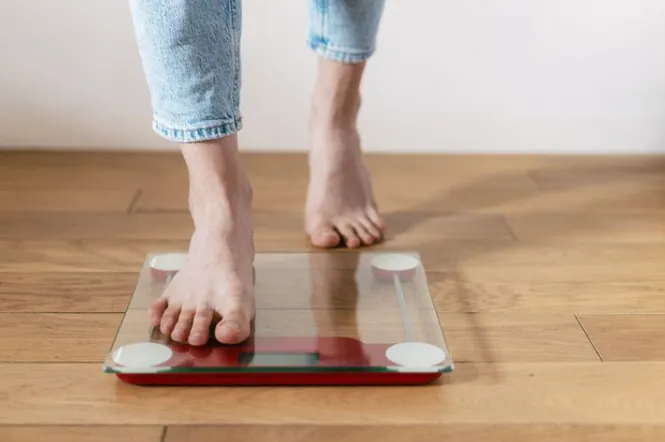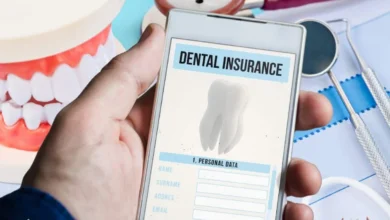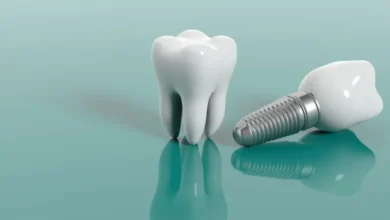How to Lose Water Weight: Effective and Safe Methods

Water retention can be a frustrating issue, often leading to bloating and discomfort. Your body, composed of about 60-70% water, sometimes retains excess water due to factors like high sodium intake, hormonal changes, and certain foods.
Fortunately, there are effective and safe methods to reduce water weight, improve your appearance, and boost overall health. In this article, we’ll explore practical tips and insights to help you shed excess water weight.
Tips for Losing Water Weight
Incorporating a macro-based diet can help harness the power of your metabolism in achieving health goals. Cycling through low and medium daily carb intake promotes better metabolic flexibility, allowing your body to shift between using carbs and fat for energy more efficiently. By aligning your carb intake with your body’s metabolic needs, you can enhance your efforts to reduce water weight and improve overall metabolic health.
“It is crucial to ensure you get all the nutrients from your meals when you are not fasting. Make sure to eat a healthy and balanced diet that meets your macros and nutritional needs.” said Marine Melamed, R.D. at Lumen.
Balancing your nutrient intake while practicing carb cycling can prevent nutritional deficiencies and ensure that your body functions optimally. Eating a well-rounded diet that includes a variety of nutrients supports overall health and can help in reducing water retention. Proper nutrition, along with strategic carb intake, enhances metabolic efficiency and promotes better fluid balance in the body.
Exercise regularly
Regular exercise is one of the best ways to reduce water weight. During an hour of exercise, you can lose between half a liter to two liters of fluid through sweat. This process not only reduces excess water but also moves water into muscles, helping decrease bloating and water retention.
Increase potassium consumption
Potassium-rich foods help balance sodium levels and reduce water retention. Include fruits like bananas, avocados, and oranges in your diet. Vegetables such as sweet potatoes, carrots, and legumes like lentils and beans are also excellent sources of potassium, aiding in the elimination of excess water from the body.
Manage salt intake
High sodium intake can lead to water retention, causing swelling and bloating. To manage salt intake, limit processed foods and avoid adding excessive salt to meals. Keeping sodium consumption to about 2,400 milligrams a day helps maintain proper fluid balance and reduces water weight.
Take a magnesium supplement
Magnesium is a crucial electrolyte involved in over 600 bodily functions, including fluid balance. Studies show magnesium can reduce premenstrual water retention and bloating. Taking magnesium supplements or consuming magnesium-rich foods like dark chocolate, whole grains, and leafy vegetables can help lower water weight.
Take a dandelion supplement
Dandelion supplements are popular among athletes for reducing water weight. This herb increases urination, helping the body expel excess sodium and water. Research indicates that dandelion supplements can significantly boost urine production, making them an effective natural diuretic to combat water retention.
Consider certain foods and herbs
Incorporating specific foods and herbs can aid in reducing water retention. Foods high in magnesium and potassium, such as leafy greens and bananas, are beneficial. Additionally, herbs like parsley, ginger and garlic can act as natural diuretics, promoting the elimination of excess water from the body.
Cut carbs
Reducing carbohydrate intake can significantly decrease water weight. Carbs are stored in the body as glycogen, which binds to water. Lowering carb consumption reduces glycogen stores and the associated water retention. This leads to a noticeable drop in weight and reduced bloating.
Drink more water
Staying well-hydrated helps your body regulate water retention. When you’re consistently hydrated, your body is less likely to retain water. Drinking enough water supports kidney function, flushes out excess sodium, and maintains a healthy balance of fluids, ultimately reducing water weight and bloating.
Try caffeine supplements or drink tea and coffee
Caffeine has diuretic properties, promoting increased urination and helping to reduce water weight. Studies have shown that caffeine consumption can lead to a significant rise in urine volume. Drinking tea and coffee or taking caffeine supplements can effectively help eliminate excess water from your body.
Frequently Asked Questions
How do I know if it’s water weight?
Water weight typically causes bloating and puffiness, especially in the abdomen, legs, and arms. It’s often temporary and fluctuates throughout the day.
Can water weight be 10 pounds?
Yes, it’s possible to gain up to 10 pounds of water weight, especially due to factors like high sodium intake, hormonal changes, or certain medications.
How long does water weight last?
Water weight can last from a few days to a week, depending on the underlying cause and how quickly you implement changes like reducing salt intake.
How hard is it to lose water weight?
Losing water weight is generally easier than losing fat. Simple changes like adjusting diet, increasing exercise, and staying hydrated can yield quick results.
Conclusion
Reducing water weight involves regular exercise, a balanced diet rich in potassium and magnesium, and managing sodium intake. Supplements like magnesium and dandelion can also help.
By understanding the causes of water retention and making small lifestyle adjustments, you can effectively reduce bloating and improve your overall health. Remember, maintaining consistent hydration and a healthy lifestyle is key to preventing water weight from returning.



